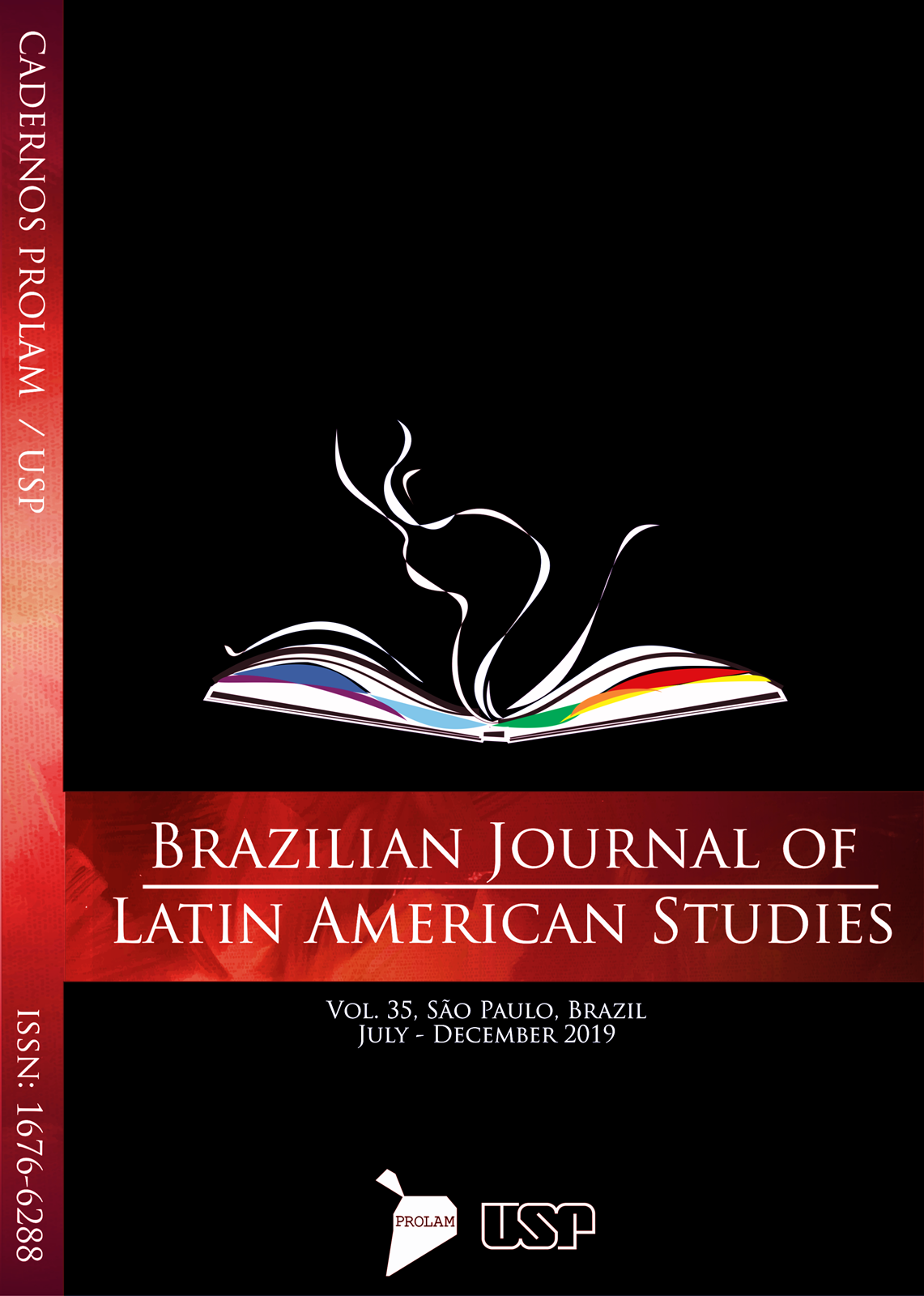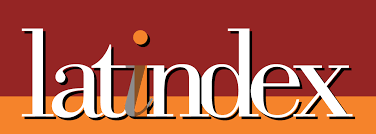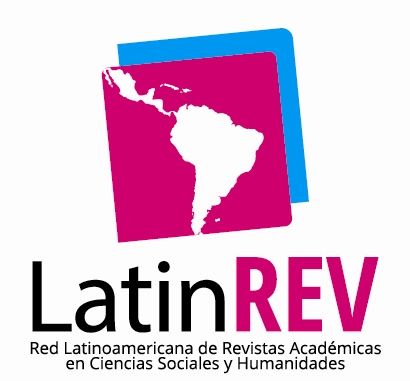Paulo Freire en Argentina y sus legados en la educación popular
DOI:
https://doi.org/10.11606/issn.1676-6288.prolam.2019.163842Palavras-chave:
Paulo Freire, Argentina, Educación popular, Lo político, Lo culturalResumo
Historiar el término educación popular permite comprender de manera cabal el sentido que adquirió la educación en Argentina. Para lograr una profundización en este debate propongo deconstruir y someter a crítica los sentidos de la educación popular para demostrar como en la tradición que inaugura Paulo Freire en 1963 en Angicos podemos encontrar su potencial y su carácter transformador. En síntesis, la línea de análisis somete a crítica la idea de educación popular en el inicio de la constitución del Estado de la Nación Argentina (Siglo XIX), desde enfoque que entrelaza lo que hay de descriptivo y que permanece en las tradiciones con un proceso mediante el cual algunas cosas se prefieren y destronan a otras. El foco está puesto en la tradición freireana, cómo ésta ubica en el centro de la escena educativa al sujeto oprimido, y la relación entre lo cultural y lo político. La intención es observar en las experiencias de educación popular argentinas los debates que habilitaron acciones resistentes a la colonialidad del poder-saber presentes en la educación como lo fue la Campaña de Reactivación de Educación de Adultos para la Reconstrucción (1974-1976) y luego realizar una análisis del presente de la educación popular en la Argentina.
Downloads
Referências
AÑON, Valeria y RUFER, Mario Añon. Lo colonial como silencio, la conquista como tabú: reflexiones en tiempo presente. Tabula Rasa, (29), 2018, p. 107-131.
BALER,Facundo. Civilización y Barbarie: Panfleto Épico. Apuntes para una poética del racismo, el autoritarismo y la egomanía en la Argentina. Everba, Summer, 2003, p. 1-8.
BHABHA, Homi. El entre-medio de la cultura. En HALL, Stuart. y DU GUY, Paul. (comps.). Cuestiones de identidad cultural. Madrid: Amorrortu, 2003.
BHABHA, Homi. El lugar de la cultura. Buenos Aires: Manantial, 2007.
BRUGALETTA, Federico. Tierra Nueva (1969-1985). Protestantismo de izquierda, edición y educación en la historia reciente de América Latina. Tesis de Maestría Universidad Nacional de La Plata, Facultad de Humanidades y Ciencias de la Educación, Memoria Académica, 2019. Disponible en: http://www.memoria.fahce.unlp.edu.ar/
DAVID, Guillermo. El indio deseado. Del dios pampa al santito gay. Buenos Aires: Las cuarenta, 2008.
DE CERTEAU, Michel. La invención de lo cotidiano. El arte de hacer. Tomo I. México: Universidad Iberoamericana, 1996.
DE OTO, Alejandro; CATELLI, Laura. Sobre colonialismo interno y subjetividad notas para un debate. Tabula Rasa, (28), 2018, p. 229-255.
Doi: https://doi.org/10.25058/20112742.n28.10
DUSSEL, Enrique. Europa, modernidad y eurocentrismo. En: LANDER, Edgardo (ed.). La colonialidad del saber: eurocentrismo y ciencias sociales. Perspectivas latinoamericanas. Buenos Aires: CLACSO, 2000, p. 41-43.
FERNÁNDEZ MOUJÁN, Inés. Elogio de Paulo Freire. Sus dimensiones ética, política y cultural. Buenos Aires: Noveduc, 2016.
FERNÁNDEZ MOUJÁN, Inés. Educación popular. FIORUCCI, Flavia; BUSTAMANTE VISMARRA, José. Palabras claves en la historia de la educación argentina. Buenos Aires: Universidad Pedagógica Nacional, 2019a, p. 121-122.
VISMARRA, José. La idea de revolución en la Pedagogía del oprimido. Dossier Paulo Freire a 50 años de Pedagogía del Oprimido. Archivos de Ciencias de la Educación, Universidad Nacional de La Plata, 2019b (en prensa).
GOMEZ SOLANO, Marcela; CADENA HERNÁNDEZ, Beatriz; FRANCO GARCIA, Josefina. En Rodriguez Lidia (comp.) Educación popular en la historia reciente en Argentina y América Latina. Aportes para balance y prospectiva. Buenos Aires: APPEAL, 2013.
HALL, Stuart. Notas sobre la deconstrucción de lo popular. Discurso y Poder. Huancayo: Ricardo Soto Sulca editor, 2013.
NARDULLI, Juan Pablo. 2013. Militancia y educación de adultos en la Argentina de los setenta: Notas sobre la Campaña de Reactivación Educativa de Adultos para la Reconstrucción (CREAR). Encuentro de Saberes. Luchas populares, resistencias y educación. Año II, No 3, 2013, p. 31-38.
PALUMBO, Mercedes, Las propuestas de formación política en movimientos populares entre la pedagogía y lo pedagógico. Intersticios de la política y la cultura. Intervenciones latinoamericanas, Vol. 3 Núm. 6, p. 2014, p. 51-65,
Disponible en: https://revistas.unc.edu.ar/index.php/intersticios
PUIGGRÓS, Adriana. Enfoques de la educación latinoamericana en el siglo XXI. En Rodriguez Lidia (comp.) Educación popular en la historia reciente en Argentina y América Latina. Aportes para balance y prospectiva. Buenos Aires: APPEAL, 2013.
PUIGGRÓS, Adriana. Sujetos, disciplina y currículum en los orígenes del sistema educativo argentino. Buenos Aires: Galerna, 1990.
RIVERA, Andrés. El Farmer. Buenos Aires: Alfaguara, 2009.
TENTI FANFANI, Emilio. La escuela y la cuestión social. Ensayos de sociología de la educación. Buenos Aires: Siglo XIX, Primera Edición, 2007.
TROULLIOT, Michel. Moderno de otro modo . Lecciones caribeñas desde el lugar del salvaje. Tabula Rasa, (14), 2011, p. 79-97.
Angicos. Diario de una experiencia. Acervo Paulo Freire. Sao Paulo: Instituto Paulo Freire, 1963.
Discurso del Presidente de la Nación, Dr Héctor José Cámpora. Libro de Actas del Congreso de la Nación, Buenos Aires, 1973.
FREIRE, Paulo. Pedagogía del oprimido. Montevideo: Tierra Nueva, 1970, primera edición.
FREIRE, Paulo. Pedagogía de la esperanza. México: Siglo XXI, 1999.
Material de Apoyo del Método CREAR. Objetivos y contenidos para la etapa de reflexión en la alfabetización. Homenaje a la CREAR. Buenos Aires: Ministerio de Educación, Argentina, 2008.
SARMIENTO, Domingo Faustino. Facundo o Civilización i Barbarie en las Pampas argentinas, París: Libreria Hachette, 1874 (cuarta edición).
TOCQUEVILLE, Alexis . La democracia en América, México: Fondo de Cultura, 1957.
Downloads
Publicado
Edição
Seção
Licença
A BJLAS adota a política de Acesso Livre (Libre Open Access), sob o acordo padrão Creative Commons (CC BY-NC 4.0). O acordo prevê que:
- A submissão de texto autoriza sua publicação e implica compromisso de que o mesmo material não esteja sendo submetido a outro periódico. O original é considerado definitivo;
- Autores mantêm os direitos autorais e concedem à revista o direito de primeira publicação, com o trabalho simultaneamente licenciado sob a Licença Creative Commons Attribution (CC BY-NC 4.0).
- Autores têm autorização para assumir contratos adicionais separadamente, para distribuição não-exclusiva da versão do trabalho publicada nesta revista (ex.: publicar em repositório institucional ou como capítulo de livro), com necessário reconhecimento de autoria e publicação inicial nesta revista;
- Autores têm permissão e são estimulados a publicar e distribuir seu trabalho online (ex.: em repositórios institucionais, repositórios específicos, ou na sua página pessoal) após o processo editorial, já que isso pode gerar alterações produtivas, bem como aumentar o impacto e a citação do trabalho publicado (Veja O Efeito do Acesso Livre).
- O detentor dos direitos autorais da revista, exceto os já acordados no acordo sob a Licença Creative Commons Attribution (CC BY-NC 4.0), é o Programa de Pós-graduação Integração da América Latina.
É permitida a cópia, reprodução e distribuição de textos, imagens, dados e demais arquivos, no todo ou em parte, em qualquer formato ou meio, desde que sejam observadas as regras da licença Creative Commons (CC BY-NC 4.0):
- O uso do material copiado e ou reproduzido no todo ou em partes deve se destinar apenas a fins educacionais, de pesquisa, uso pessoal ou outros usos não comerciais. Reproduções para fins comerciais são proibidas;
- O material pode ser copiado e redistribuído em qualquer suporte ou formato;
- A reprodução deverá ser acompanhada da citação da fonte na integra incluindo o(s) nome(s) do(s) aturoes(s), no seguinte formato: Fonte: Revista Cadernos Prolam/USP. Brazilian Journal of Latin American Studies;
- Os nomes e endereços informados na revista serão usados exclusivamente para os serviços prestados por esta publicação, não sendo disponibilizados para outras finalidades ou a terceiros.












